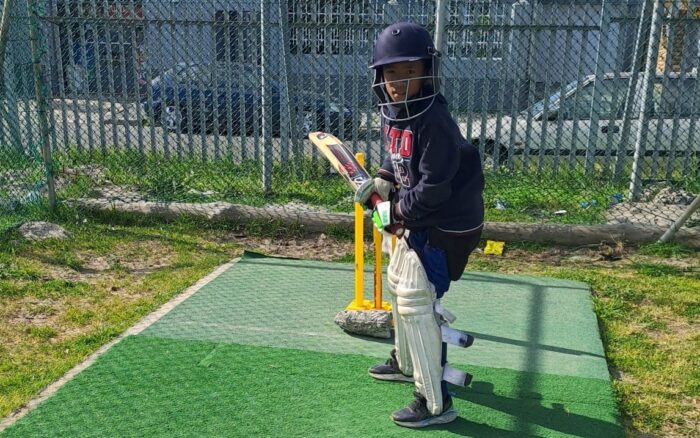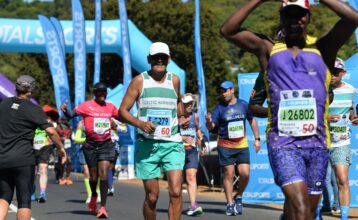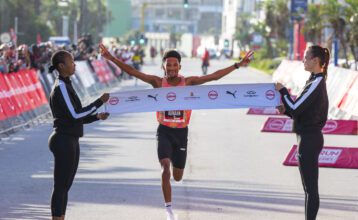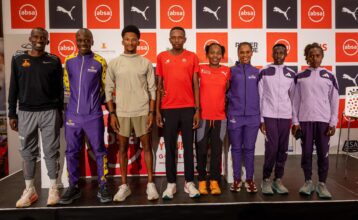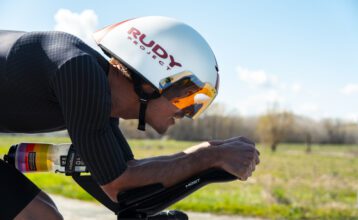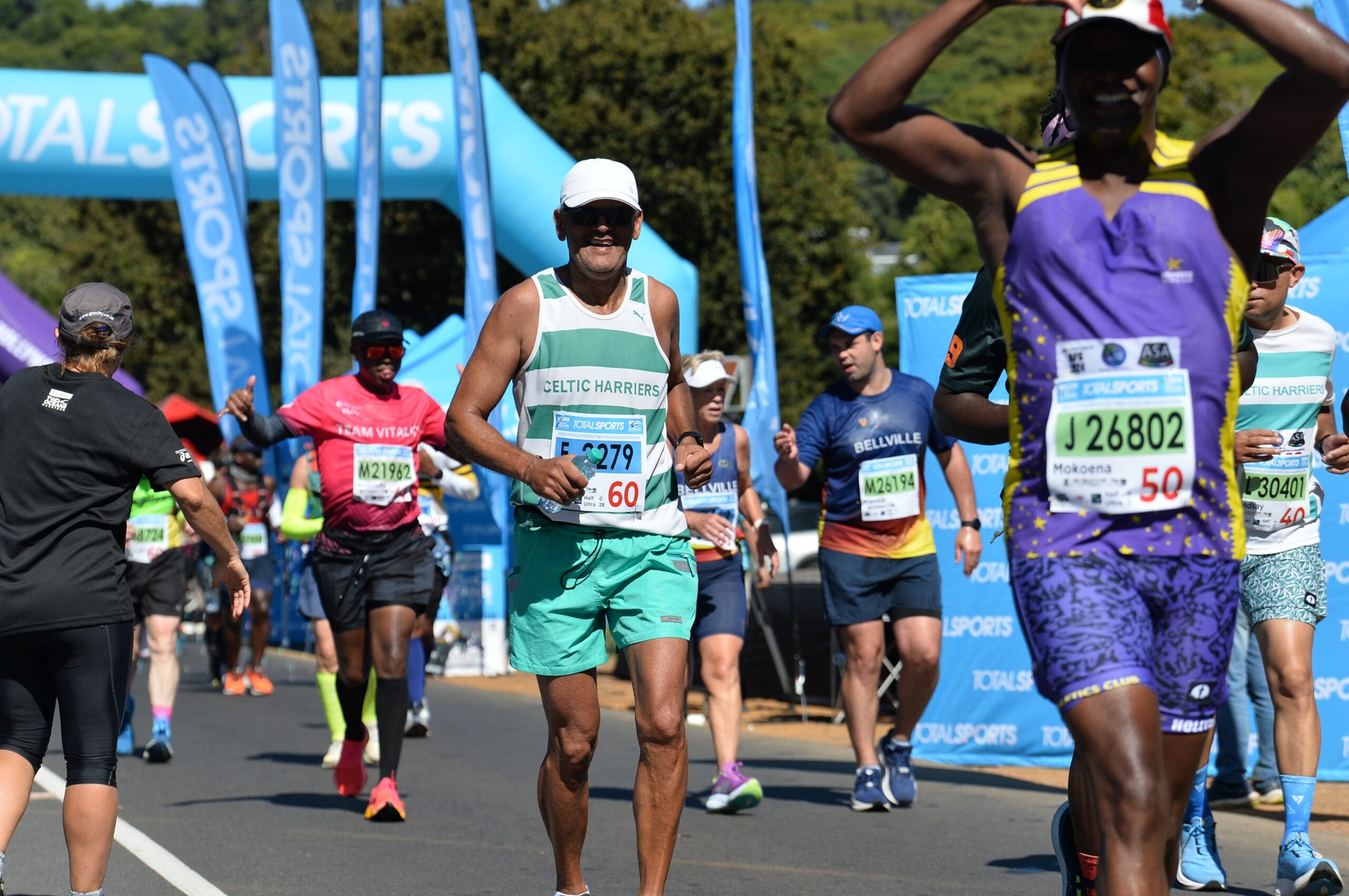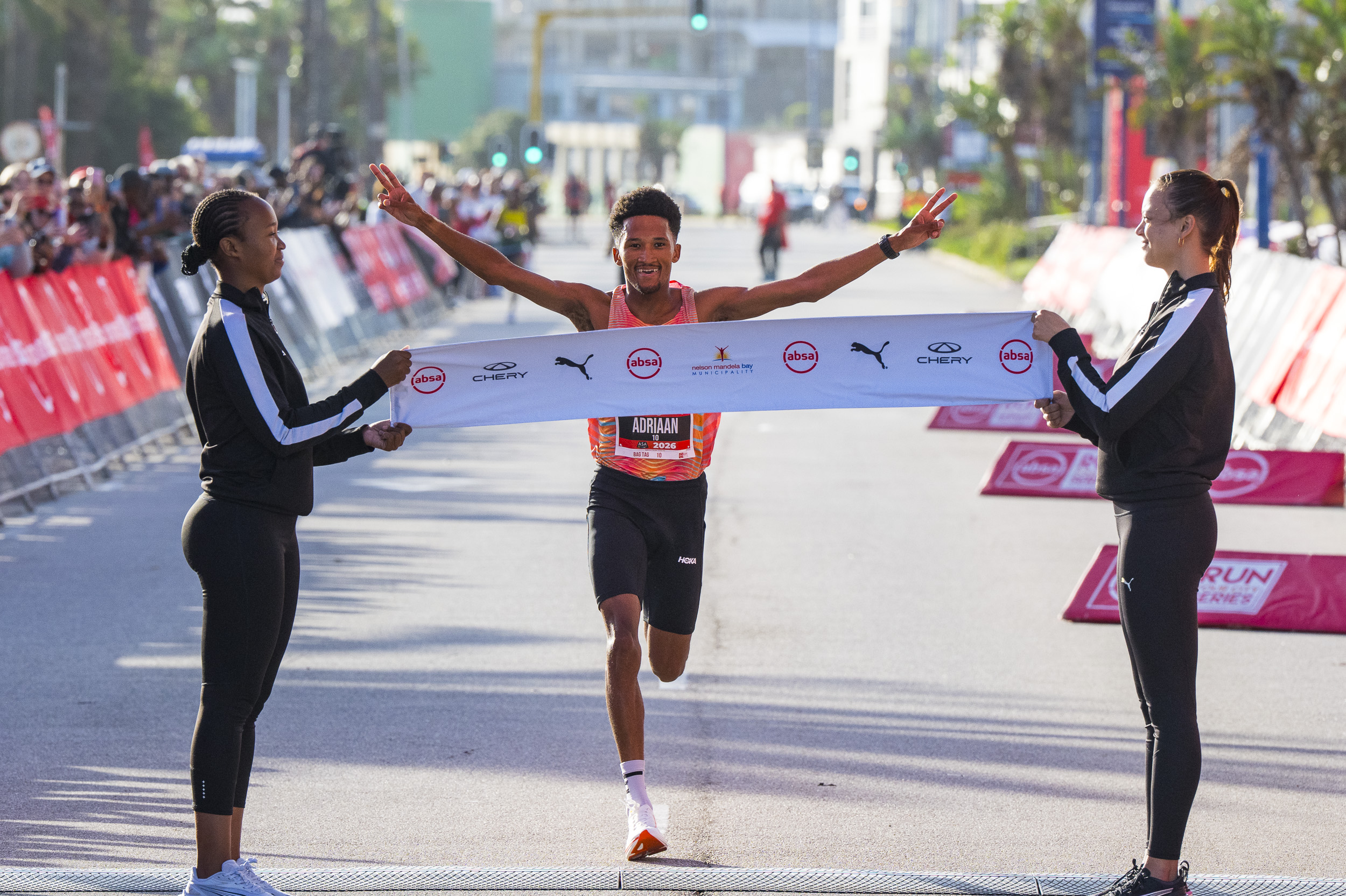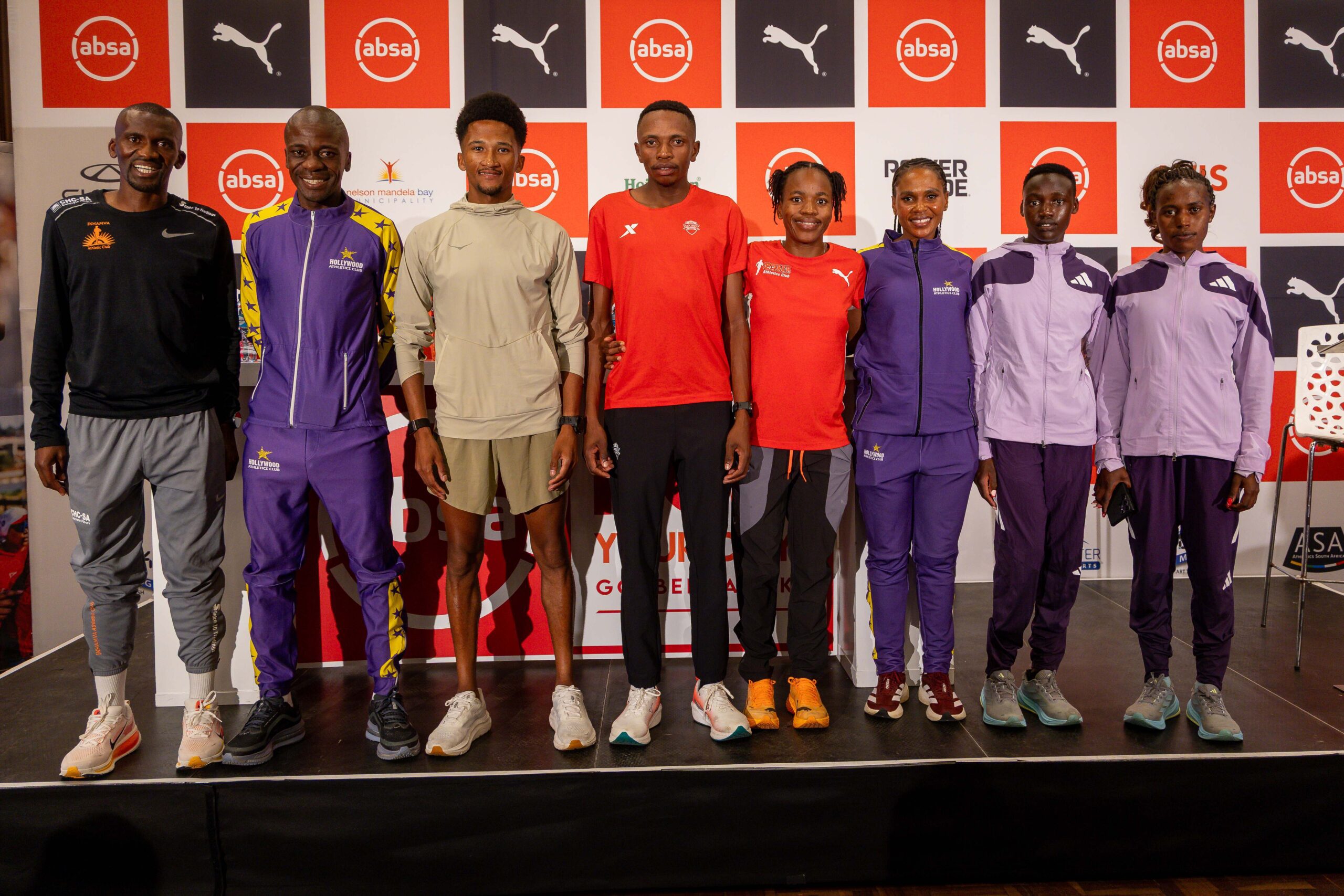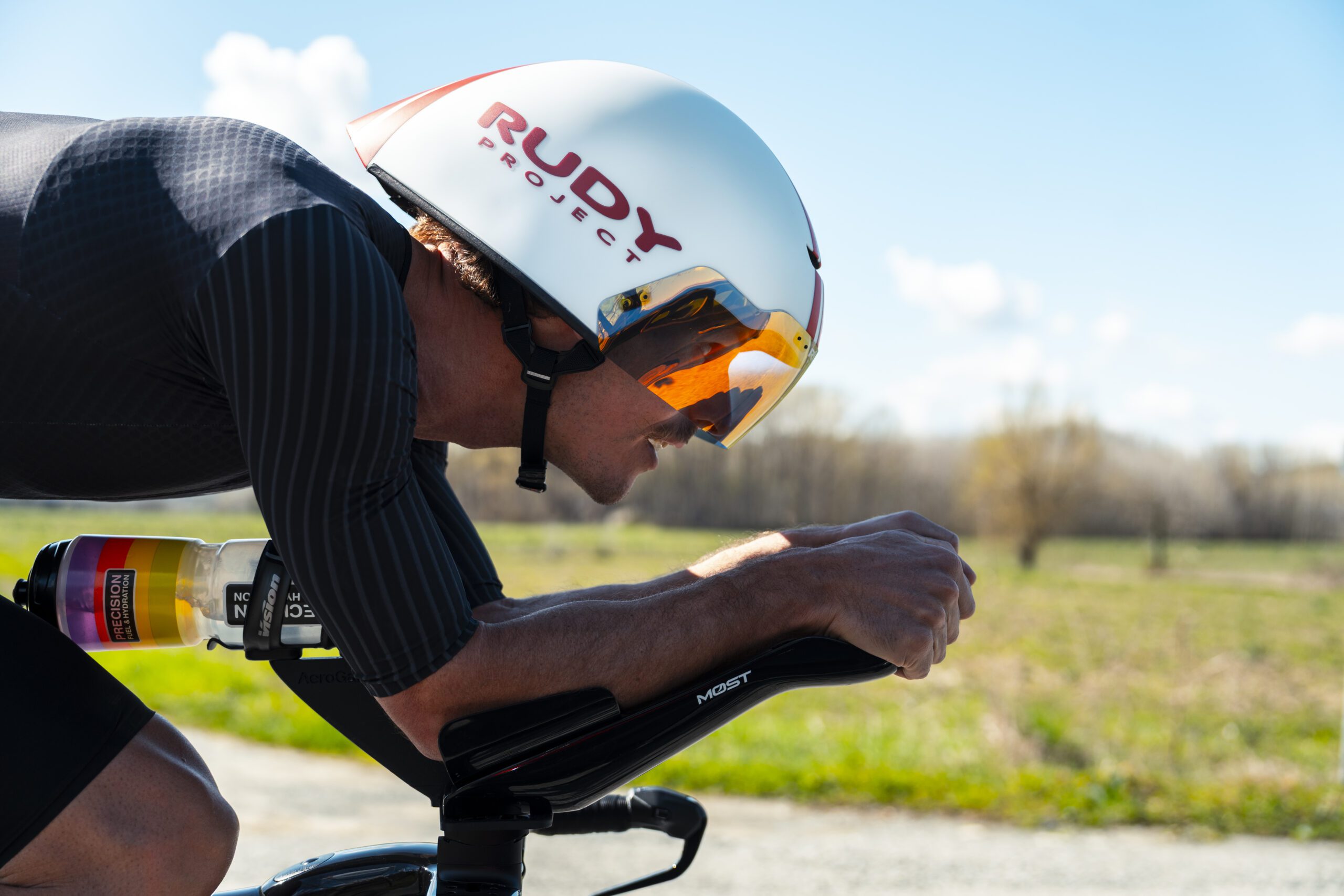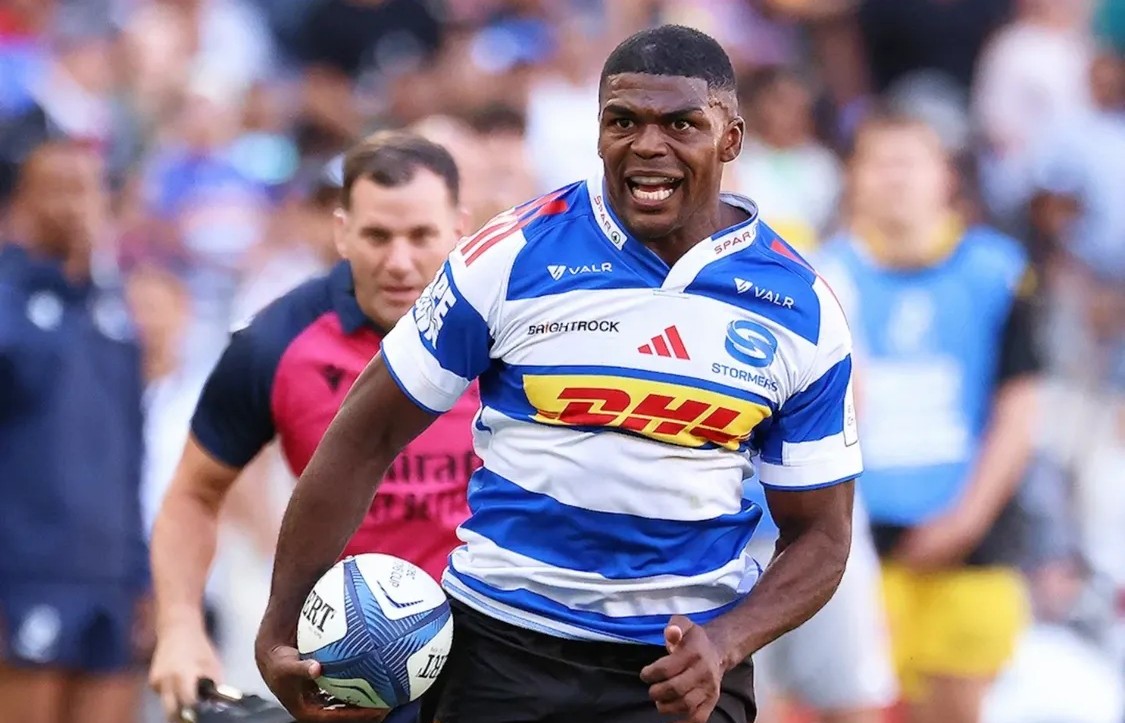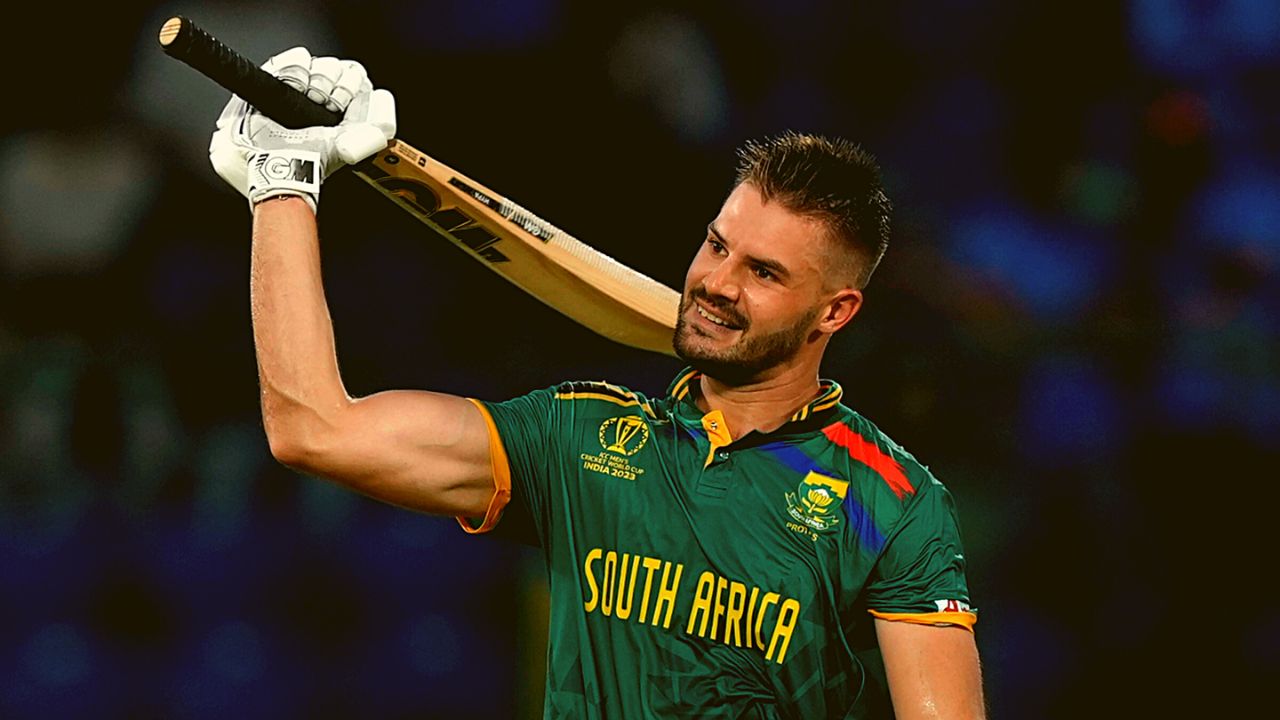By Mandisa Maphisa
In the heart of Cape Town’s Cape Flats, where challenges like gangsterism, substance abuse, and poverty are everyday realities, Shahied Adonis is quietly engineering a revolution armed with nothing more than cricket gear, commitment, and compassion.
A finalist for Cricket South Africa’s (CSA) prestigious Cricket Hubs Coach of the Year award, Adonis is far more than a coach. He’s a mentor, father figure, life guide, and often, the last line of defense between vulnerable children and the streets.
“We’re not just developing cricketers,” he says.
“We’re creating safe spaces. We’re giving kids a chance, something consistent, reliable, and life-affirming.”
A Vision Bigger Than Cricket
CSA’s hub system was originally designed to increase mass participation in cricket across under-resourced communities. But as Adonis explains, it’s evolved into something far greater.
“Initially, the goal was to get more kids experiencing cricket. Then it shifted to excellence producing quality cricketers for the national pipeline,” he says.
“But no one anticipated the deep social impact the program would have.”
Operating out of three hubs in Langa, Khayelitsha, and Gugulethu, Adonis and his team work in some of the country’s most marginalized neighborhoods where idle after-school hours often lead children down dangerous paths.
“These hubs have become sanctuaries,” he explains.
“We’re guardians after school. We’re giving them structure, support with homework, a hot meal, and mentorship until their parents get home.”
Beyond the Boundary
For Adonis, cricket is a vehicle for transformation. He takes pride in fine-tuning skills to a professional standard using models like AB de Villiers, Hashim Amla, and Joe Root to structure drills and biomechanics.
“I never wanted to teach a kid something mediocre. Everything we do is designed to prepare them to compete professionally,” he says.
And the results speak volumes. In the past 18 months alone, two Proteas have emerged from Manenberg, an area that had never before produced a national cricketer. Adonis has also helped over 20 talented players gain access to elite schools like SACS, Bishops, and Wynberg through cricket scholarships.
“These are boys who walked three kilometers every day to practice. They didn’t have private coaches or fancy gear. But they had heart and we gave them the platform.”
Fighting More Than Just Poverty
The work, however, is not without peril. In the last four years, seven children involved in the program have lost their lives to gang-related violence.
“There are days we hear gunshots during practice,” he admits.
“Sometimes we have to pause sessions because it’s unsafe. I’ve had to reverse my car to avoid stray bullets.”
Still, he shows up every day.
“That’s the promise. Whether a kid shows up or not, we’ll be there. They need to know someone’s always there.”
A Community Anchor
Despite being swept up by drugs and gangs, coach Shahied Adonis now uses cricket to change young lives. #CarteBlanche #Sport pic.twitter.com/6s094Ojcu2
— Carte Blanche (@carteblanchetv) March 26, 2023
The impact stretches beyond the field. The hubs provide clothing, food parcels, academic tutoring, and emotional support. When children score a half-century, they earn R100. On tour, they get allowances. Girls are given specialized support to protect them from gender-based risks.
“It’s not just cricket,” Adonis says.
“It’s a lifeline.”
And it’s working. Grandmothers, who are often primary caregivers, push their grandchildren to attend practices not just because of the sport, but because of the dignity and routine it brings.
“We’re up against drug lords and gangsterism. But when a kid can bring home a food parcel or even just bread, it gives the family hope.”
A Humble Champion
Despite the nomination, Adonis remains grounded.
“There are over 70 hub coaches in South Africa, many in worse conditions than me. Some have lost colleagues. But we share the same goal: to give our kids a chance.”
He credits the CSA hubs system for allowing this impact to scale.
“I always wonder how different my life would have been if a hub had existed when I was young,” he reflects.
“I made the SA U23 team in the ‘90s, which was hard. But with this kind of support? Who knows?”
Adonis is clear-eyed about the future. He’s already plotting training regimens for players earmarked for 2027 and 2028. Each kid has a customized plan, with video analysis and biomechanics breakdowns tailored to their individual needs.
“This isn’t just my job. It’s my calling.”
Shahied Adonis may wear the title of coach, but in the townships of Cape Town, he’s much more. He’s a symbol of what’s possible when sport meets purpose. And for the hundreds of children who run toward the cricket pitch instead of the streets, he’s already won trophy or not.

